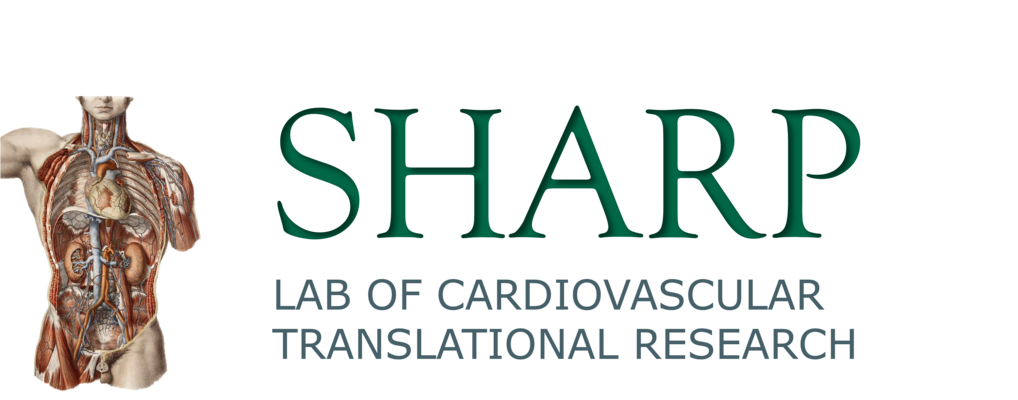
Hydrogen Sulfide Deficiency and Therapeutic Targeting in Cardiometabolic HFpEF
Heart failure with preserved ejection fraction (HFpEF) presents significant treatment challenges. We assessed hydrogen sulfide (H2S) bioavailability in HFpEF patients and 2 animal models: the "2-hit" L-NAME + high-fat diet mouse model and ZSF1 obese rats. H2S levels were significantly reduced in patients and both models, linked to decreased cystathionine-γ-lyase expression and increased sulfide quinone oxidoreductase. Cystathionine-γ-lyase knockout worsened HFpEF, whereas pharmacological supplementation with an H2S donor improved diastolic function and reduced cardiac fibrosis. H2S supplement synergized with GLP-1/glucagon agonist and ameliorated HFpEF. These findings suggest that enhancing H2S bioavailability may provide a novel therapeutic strategy for HFpEF.

